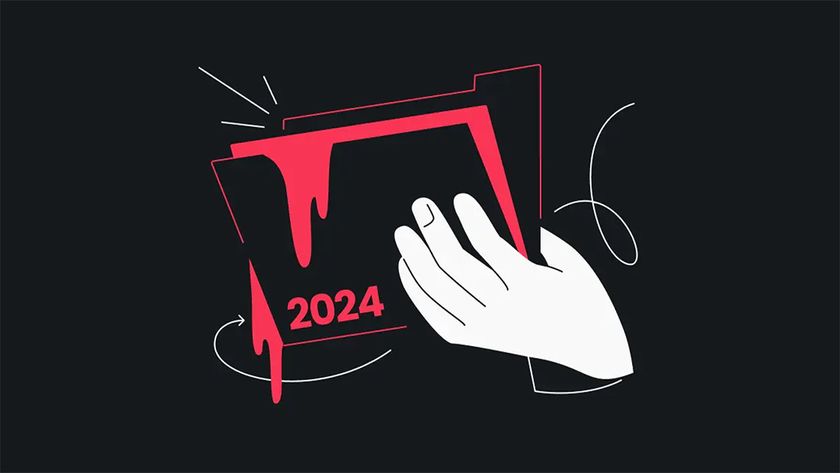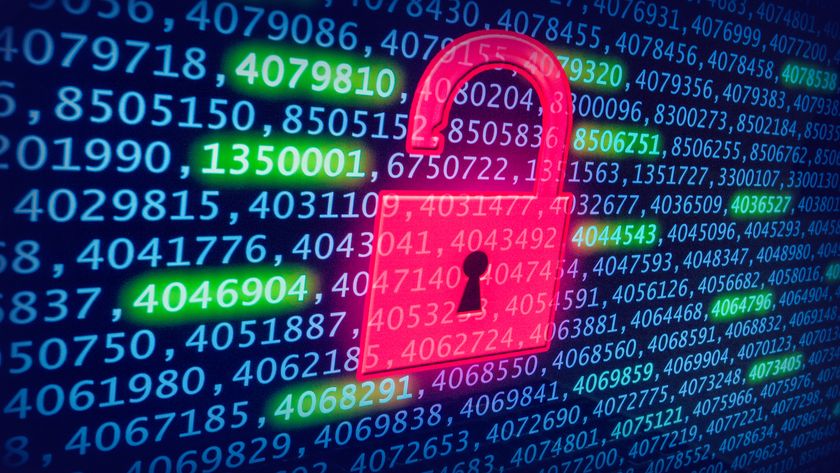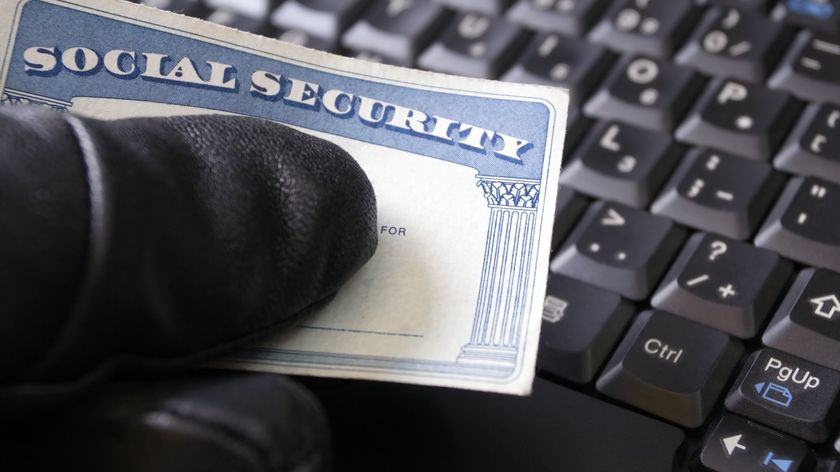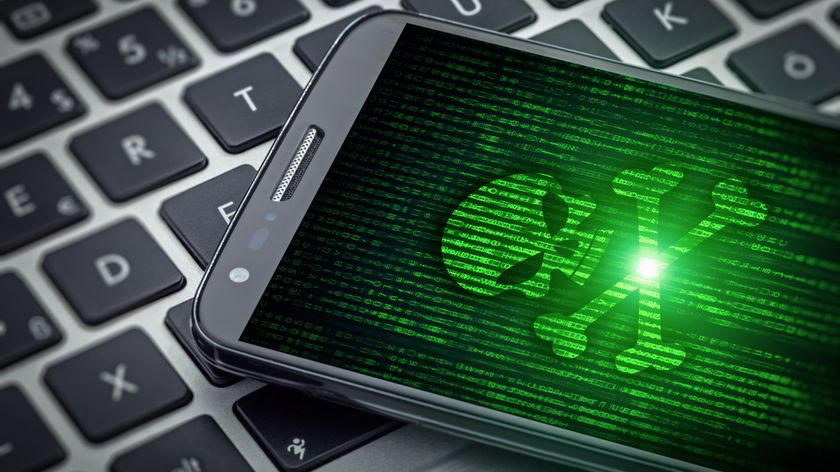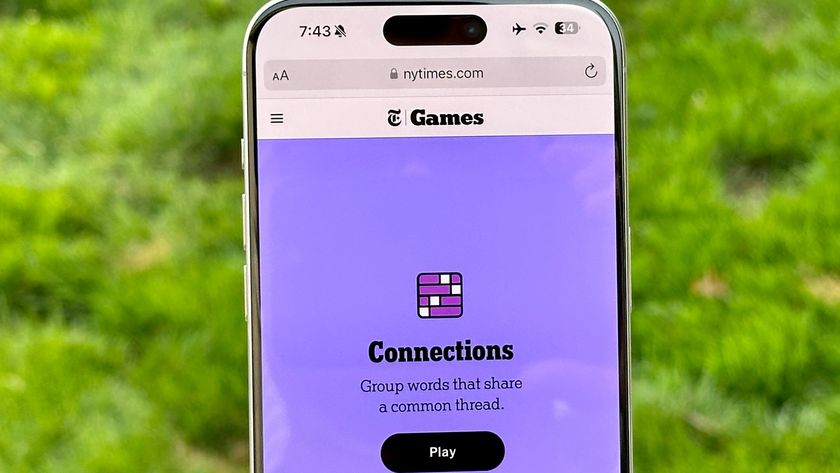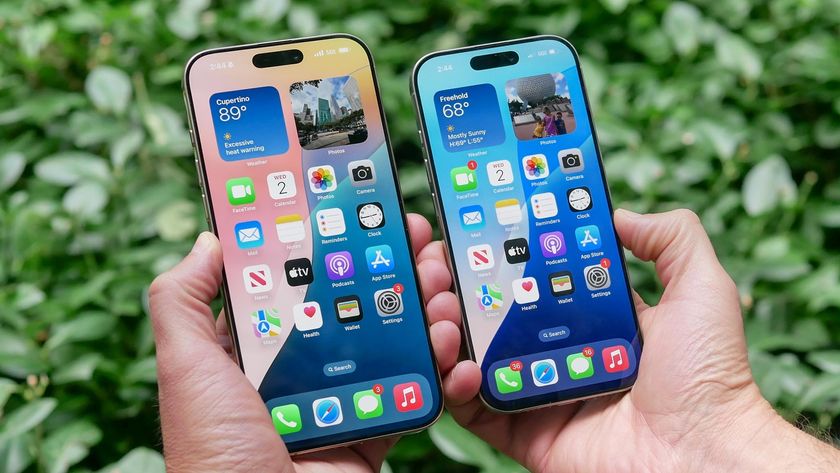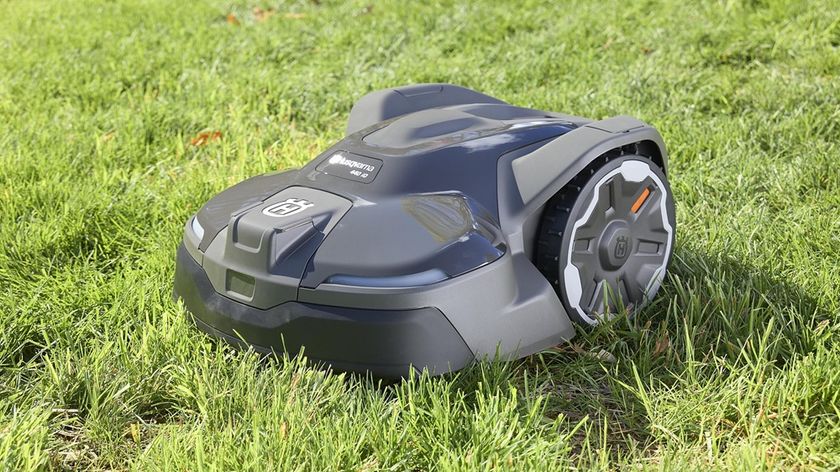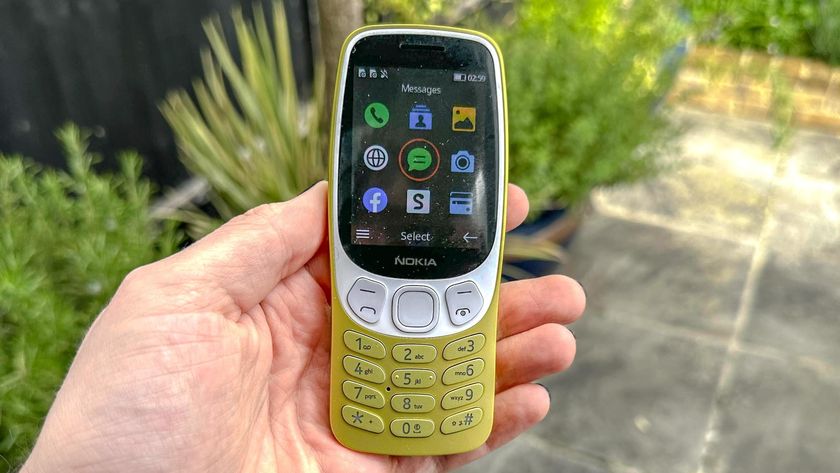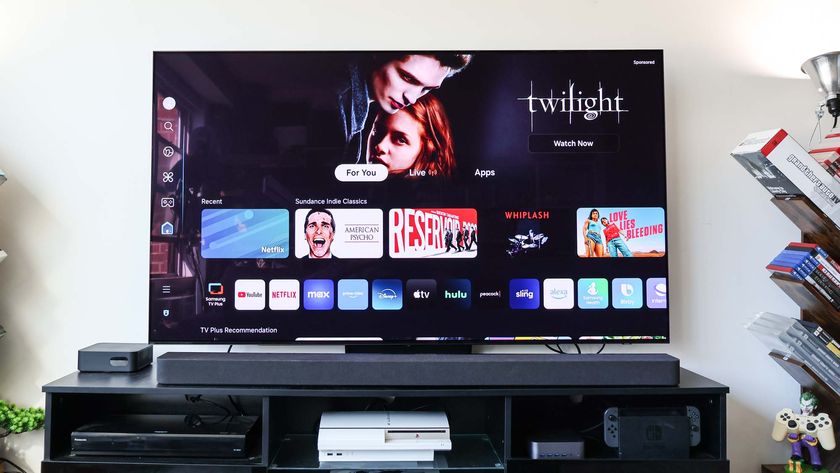US confirms Chinese hacker group Salt Typhoon behind several telecom breaches — what you need to know
Including access to law enforcement systems

With data breaches hitting millions of Americans repeatedly this year, it's not often clear who is behind these hacks and what they're doing with the sensitive information which they've gained access to.
Recently, Chinese hackers have been to blame for a surge of cyberattacks in the United States targeting everything from corporations to government systems and infrastructure.
This week, the FBI and the Cybersecurity and Infrastructure Security Agency (CISA) released a joint statement (via TechSpot) confirming that Chinese hackers were behind several breaches of US telecommunications providers. However, they also compromised wiretap systems used by law enforcement for surveillance.
In the statement, the agencies described the cyberattack campaign as "broad and significant" while tying the breaches to a group called "Salt Typhoon" that the agencies say is backed by the People's Republic of China.
Reportedly, the group infiltrated several telecommunications providers. The statement does not name any specific companies but the Wall Street Journal has reported that AT&T and Verizon were among the affected providers.
Apparently, the group had "carte blanche" access to network systems, however, US officials stated that compromised data was only taken from select individuals, mainly people involved with the government or political activities.
One of whom may have been Senator JD Vance, who told podcaster and comedian Joe Rogan, that he had been targeted by Salt Typhoon during a a recent interview. He claimed that the group only got "some offensive memes" and texts to his wife.
Sign up to get the BEST of Tom's Guide direct to your inbox.
Get instant access to breaking news, the hottest reviews, great deals and helpful tips.
In the statement, the FBI and CISA stated they would assist any affected organizations or companies, "continue to render technical assistance, rapidly share information to assist other potential victims, and work to strengthen cyber defenses across the commercial communications sector."
The hackers are said to have copied information related to law enforcement requests and wiretaps, which could hinder ongoing investigations.
How to stay safe

While the agencies said that Salt Typhoon and other Typhoon-esque state-sponsored hacking groups didn't access the data of all Americans in the providers' systems, it doesn't mean they didn't take any data which could later be used in other attacks.
Regardless of whether your data was stolen or not, you definitely don't want to rush when going through your inbox. Scammers often instill a sense of urgency in their emails in an effort to make you stressed and more willing to go along with their instructions. Stay calm and cautious when handling an message in your inbox and you should always be on the lookout for phishing and other suspicious emails.
Hackers often disguise themselves as well-known brands by faking a company's email address. Look out for red flags like misspelled words or poor grammar and double-check the sender's email address or phone number to make sure it's correct. If you're not 100% confident, then err on the side of caution.
To keep your computer safe from malware and other viruses that could come from opening a phishing email, it's important to install and use the best antivirus software on your PC, the best Mac antivirus software on your Mac and one of the best Android antivirus apps on your Android smartphone.
More from Tom's Guide

Scott Younker is the West Coast Reporter at Tom’s Guide. He covers all the lastest tech news. He’s been involved in tech since 2011 at various outlets and is on an ongoing hunt to build the easiest to use home media system. When not writing about the latest devices, you are more than welcome to discuss board games or disc golf with him.
